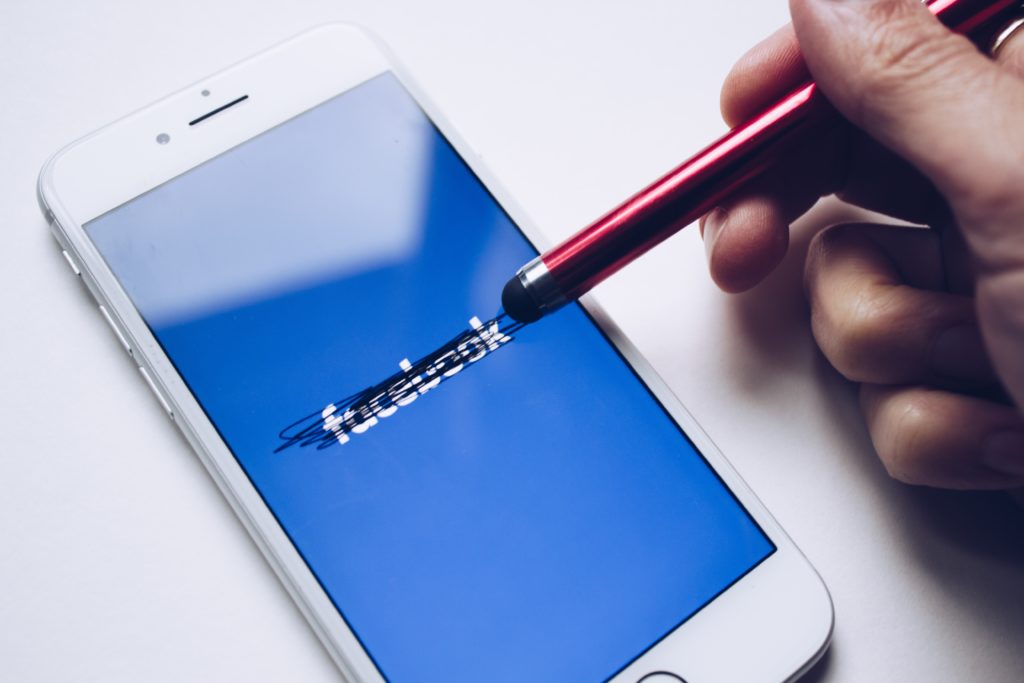
You face a tough decision: Should you delete your Facebook account?
As torn as you are, know you are not alone. As a top Facebook ad agency, it’s something we are talking a lot about with our clients. A Google search for the words “Facebook account” tellingly shows a new trend: two of the top three search results are articles that teach people how to permanently delete Facebook from their lives.
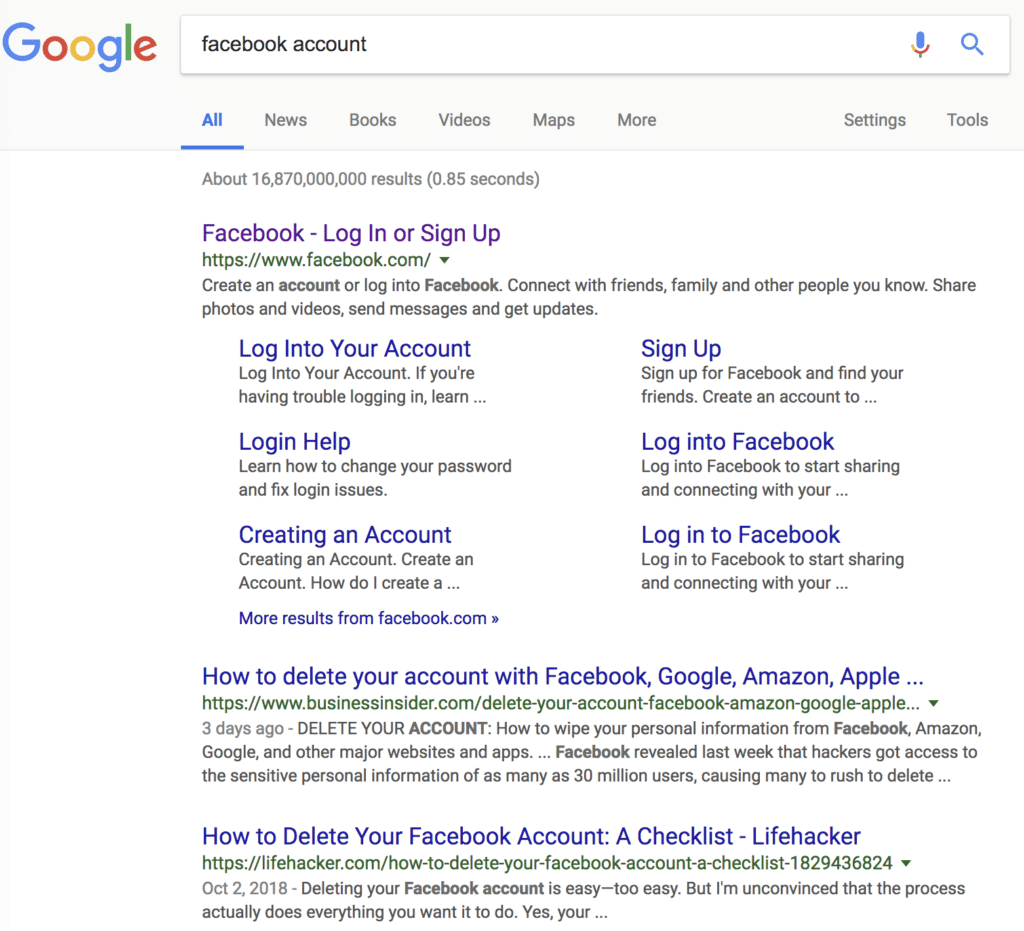
You, and the many others on the Internet, have good reasons for leaving. Why stay when, in the past two years alone, Facebook allowed politically divisive Russian ads and fake news to proliferate on its platform that makes this Facebook advertising company shudder? Why place your trust in a company that concealed the data breach of 87 million users? Just when the wounds from those betrayals are healing, you learn of a Facebook security issue that exposed user accounts to hackers. You want to leave, and that’s not surprising. Deleting your Facebook account is easy. In fact, it only takes four steps.
How to Delete Your Facebook Account?
Step 1: Click the upside-down triangle on the upper-right corner of your web page. From the drop-down menu, click “Settings.”
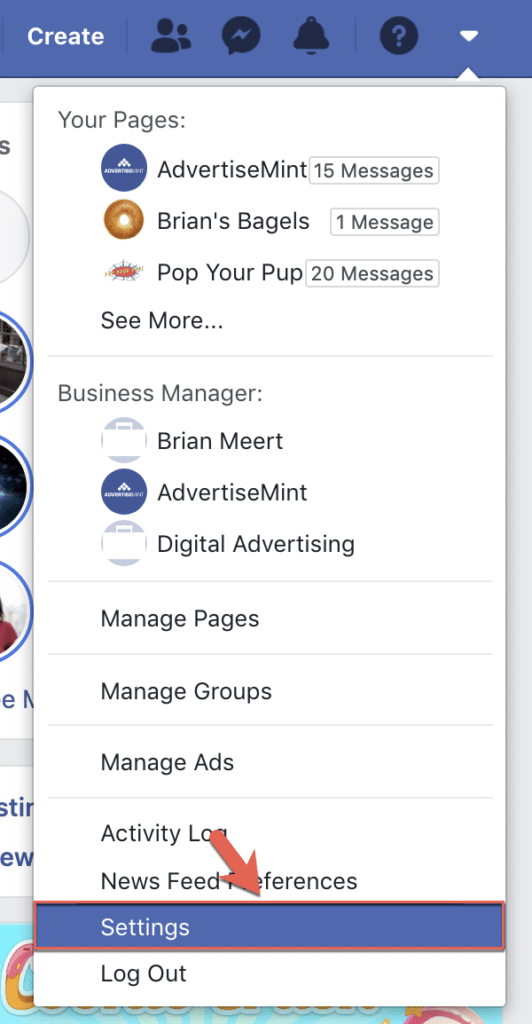
Step 2: From the left-column menu, click “Your Facebook Information.”
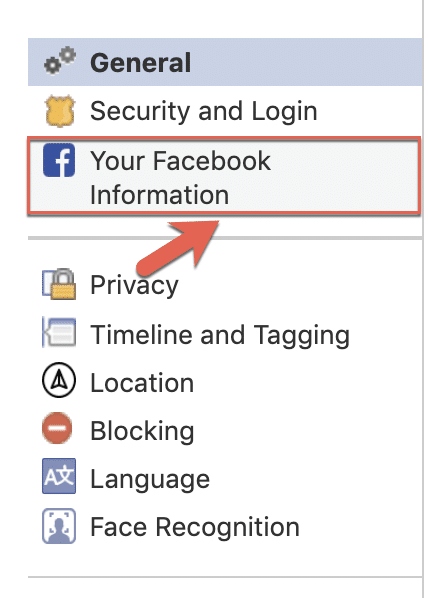
Step 3: Click “View” from the option “Delete Your Account and Information.”

Step 4: Click “Delete Account”
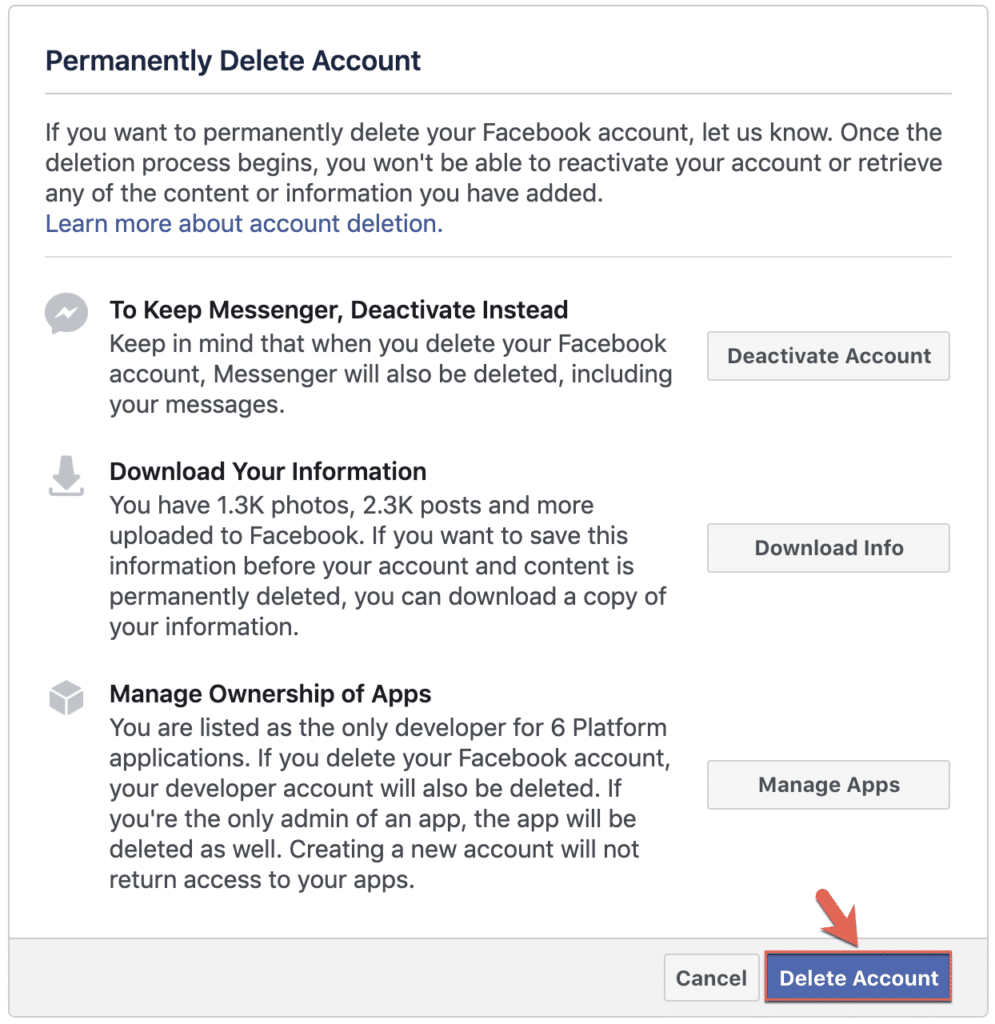
In the final step, you have the option to download all of your information, which includes your photos and posts. If you want to salvage your information, click “Download Info.” Otherwise, click “Delete Account.”
If you’re worried about your data, it’s best that you purge your apps and web browsers of trackers. Although you’ve deleted your account, it’s entirely possible that Facebook can still create a consumer profile based on your behaviors.
Chris Smith, author at BGR, says you should limit or opt out of ad tracking from your Facebook app. He also recommends sending a “Do Not Track” request to the web browser you’re using. Tim Collins and Annie Palmer, too, have a few suggestions for ensuring Facebook stops tracking your web activity after deleting your account.
You might, however, have second thoughts about deleting Facebook. A loyal Facebook user for many years, you may mourn the loss of the memories you built: your pictures that detail your life from high school to the present day, your connections, your witty status updates, the lovely birthday greetings friends posted on your timeline throughout the years. When your Facebook account is gone, is it gone for good?
Deleting Your Account: The Aftermath
According to a post in Facebook’s help center, you can’t retrieve a deleted account, and when your deleted account goes to the social media afterlife, your profile, photos, posts, videos, and everything you posted on Facebook will go with it, and like your deleted account, you can’t retrieve anything you posted or added on Facebook unless you download your data and archives before deleting your account.
Of course, you may no longer care about the memories you built on Facebook. To you, Facebook is just another MySpace, and you’re ready to move on to another social media app. Unfortunately, moving on may be more difficult than you expected. After deleting your account, you can’t use Facebook Messenger and access the apps for which you use your Facebook login, like Spotify, Pinterest, and Instagram. For the latter issue, you would need to contact the apps and websites to recover your accounts. Deleting your Facebook account may be a bigger hassle than you expected, especially when so many of your online activities are intertwined.
Deactivation, a Less Drastic Solution
If you want a less drastic solution (perhaps you want a temporary break rather than a permanent divorce from Facebook), you can, instead, deactivate your account. Unlike deletion, when you deactivate your account, you won’t lose your photos and videos, you can still use Messenger, you can still use your Facebook login to access your connected apps, and you can still return any time you want. Although you are no longer visible to your Facebook friends (people won’t see and can’t visit your profile), you can still connect with those friends on Messenger. Deactivation allows you to take all the time you need and return whenever you’re ready, whenever you find a reason to keep your Facebook account.
You Deleted Your Account – Now What?

As torn as you are, you weighed your options and deleted your Facebook account. Sure, you may have abandoned the platform on which you built memories and gained friends throughout the years, but after recent events, you can no longer support the company that failed its users too many times—it’s understandable.
But if you find yourself missing Facebook, if you suddenly have the desire to restore your account, there is still hope. Facebook gives you 30 days to finalize your decision, in the event that you begin to have second thoughts. If you log back into your account in less than 30 days, you can still save it. Wait longer than 30 days, and your account is lost forever.
When you delete your Facebook account, is it gone for good? Yes, unless you meet the 30-day grace period. Facebook wouldn’t let you go so easily.
